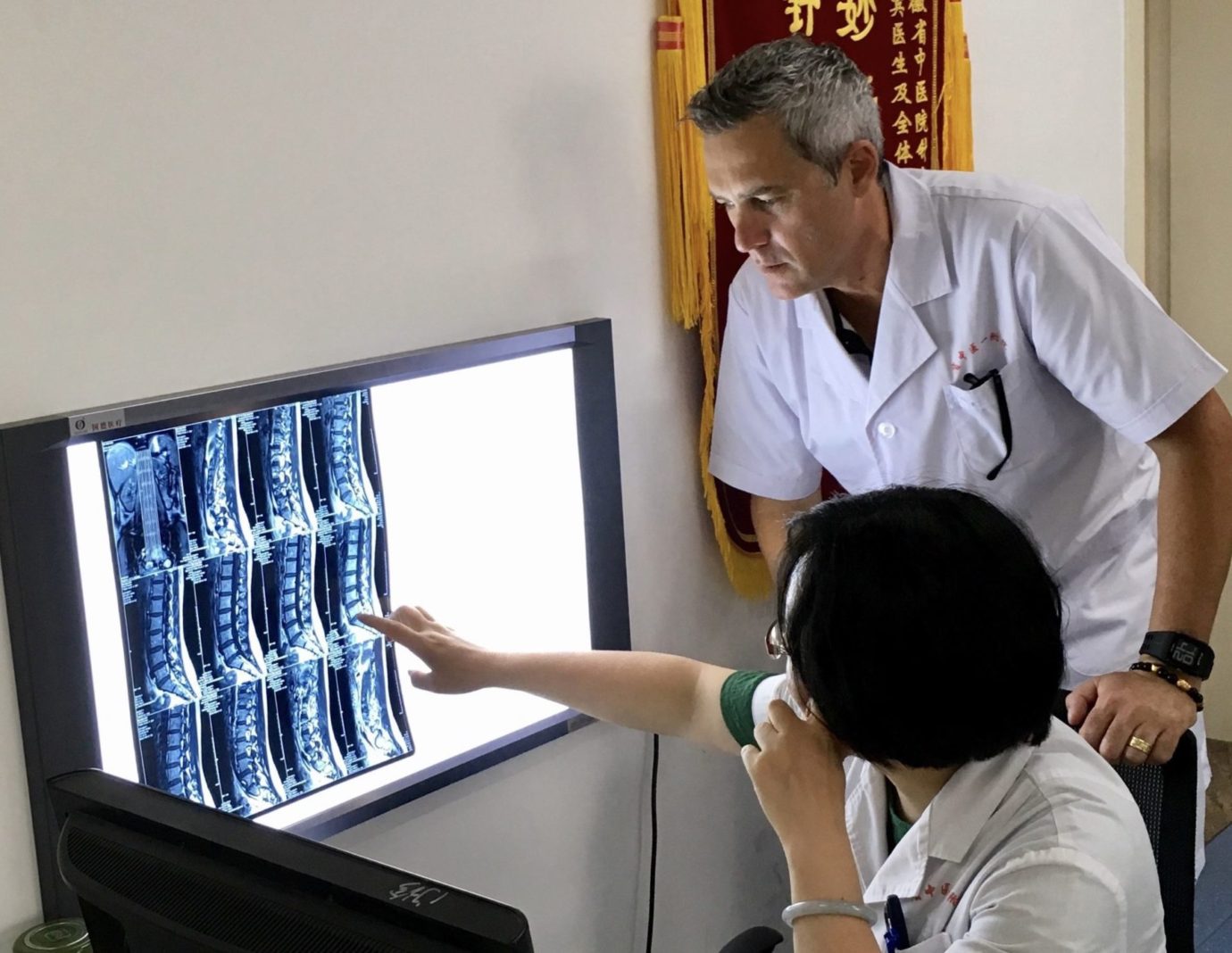Are you experiencing extreme pain in your back when you turn your head, walk, or bed down? Are you having muscle spasms that go down your back, to your legs and even all the way to your feet? If these types of symptoms are something that you’re experiencing, it could mean you’ve suffered a back injury like a herniated disk. While there are a number of things you can do to address pain and symptoms that come with living with a herniated disk, acupuncture is a great tool to consider. Acupuncture for herniated disks can provide pain relief and even help to encourage healing without the risk that other invasive treatment options offer.
Disks, or intervertebral disks, are fibrocartilaginous cushions that are located in between the vertebrae bones of the spine. They’re responsible for cushioning the vertebrae to make the impact less damaging to the spinal cords and bones of the spine. Basically, they absorb any shock to the spine, keeping it healthy and intact when the body is exposed to trauma like falling. However, a herniated disk is when the cushiony, gell-like disks are pushed out of their casing, known as the annulus. The resulting symptoms of this issue can include pain and muscle spams as the shifted disk can push on nerves located in or near the spine.
Most people who experience herniated disks have what’s referred to as lumbar herniated disks. The lumbar is the vertebrae that are located on the bottom of the spine. So, a lumbar herniated disk is an intervertebral disk that is dislodged between one of the lumbar vertebrae. In the cases of lumbar herniated disks, people who are diagnosed with this condition may experience pain that runs down their legs, numbing sensations of the legs or feet, and other leg discomforts. This occurs because the herniated disk can press on a group of nerves that is known as the “sciatic nerve”. These nerves run down the back of the legs and, when pressed on by a herniated disk, can lead to discomfort in the legs.
Cervical herniated disks are herniated disks that occur between the vertebrae that are located above the lumbar region. Different symptoms can occur depending on which disk is herniated in between different vertebrae. For example, herniated disks between higher vertebrae can lead to symptoms of eye pain and headaches. But, herniated disks between more centralized vertebrae can lead to shoulder, middle back, and neck pain. Essentially, the location of a herniated disk will determine the various areas in that a person may experience pain and discomfort.
There are a few reasons that a person can experience a herniated disk. The rupturing of a disk can happen due to a few different reasons including
Acupuncture can help to reduce pain as it alleveiates inflammation and relaxes muscles that may tense up due to herniated disks. It can also help to stimulate other organs of the body that are responsible for releasing pain-managing hormones and better blood flow, which can help to promote long-term pain management.
If you’re in the South Florida area and want to add supplemental therapy for treating your herniated disk, Acupuncture Zen offers individualized acupuncture sessions for herniated disks. Find out more about Dr. Tony Willcox and Acupuncture Zen’s acupuncture sessions from our website.
